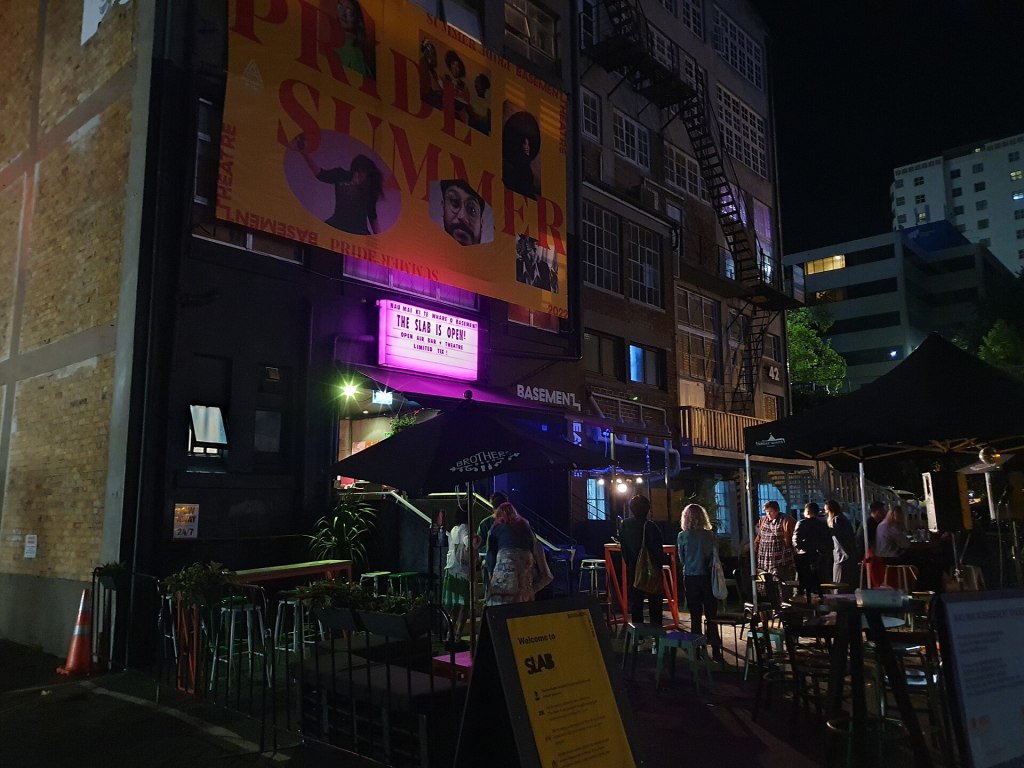On Edge is a series about stress in 2017.
Just over a year ago, Tropical Cyclone Winston, the worst ever cyclone in the Southern Hemisphere, made landfall in Fiji, affecting around 350,400 people (40 percent of the country’s population). The storm caused 44 deaths and damaged an estimated $1.38 billion of our infrastructure, temporarily crippling our economy.
Videos by VICE
I was away in New Zealand, attending university and monitoring the news when my own family’s homes were destroyed. I heard of how my three-year-old daughter clung to her grandma and mother while I tried to get on the next flight home, praying to see them all alive. I tried to call but the telecommunication system was down, and the emergency lines at the evacuation centers were always busy. Our island had never seen this level of destruction.

I was born in Fiji, an island country that is rapidly seeing the impacts of climate change. In this region of the world, the science and data about rising sea levels and global warming manifest in front of our eyes. People are leaving their homes, the government is evacuating entire villages to higher land, and everything from our food supply to island culture is threatened.
But I first came to accept the severity climate change when visiting the nearby islands of Kiribati and Tuvalu in 2014. One morning, I woke up in panic to hotel staff screaming for all guest to vacate the hotel. Getting off the bed, I had water at knee-height with my belongings floating inside the room. I pushed the door open to find locals waiting to escort guests to an evacuation center. I saw how mothers were carrying their little babies, braving the cold and strength of the waves as the tides rose.
These experiences changed the trajectory of my life. I went to graduate school to study how to build stronger communities in the Pacific region in the face of climate change. Now, I lead a project funded by the European Union called Valuing Voices, where we share stories and initiate climate action, including planting mangroves, building seawalls, campaigning for a plastic-free country, and protesting against government actions around energy and fossil fuels.

My Pacific people have experienced so much, yet they have become so resilient. These small atolls have experienced this for months—they sometimes see several king tides a day alongside the multiple other natural disasters that make landfall throughout the year.
For many, however, all of this is still not enough to believe that climate change exists. Research suggests that emotionally derived knowledge is more effective than rational knowledge in influencing behaviour of others to take actions into their own hands.
But with my own country at risk, I continue to fight. In Germany, at this year’s COP, a United Nations climate change conference, I was part of the youth delegation and screened videos of the Pacific and the effects of climate change in our Pacific region. We asked the delegates: What kind of world do we want to leave to those who come after us, to children who are now growing up?
As Pope Francis said: “The climate is a common good, belonging to all, and meant for all, it binds and obligates us all, even if we have differentiated responsibilities.” No one is exempt.
Sivendra Michael is a climate change activist based in Fiji and New Zealand.




